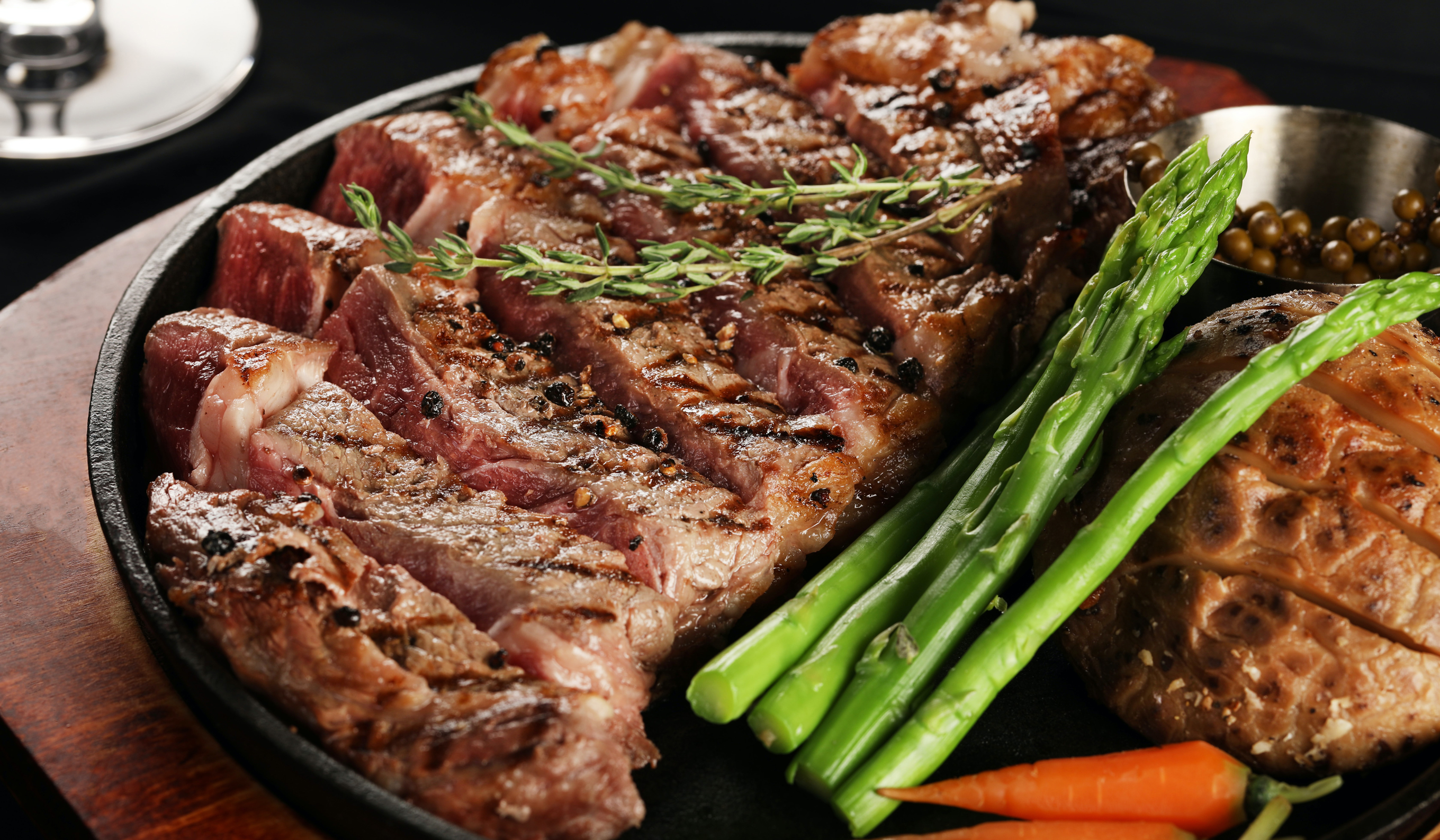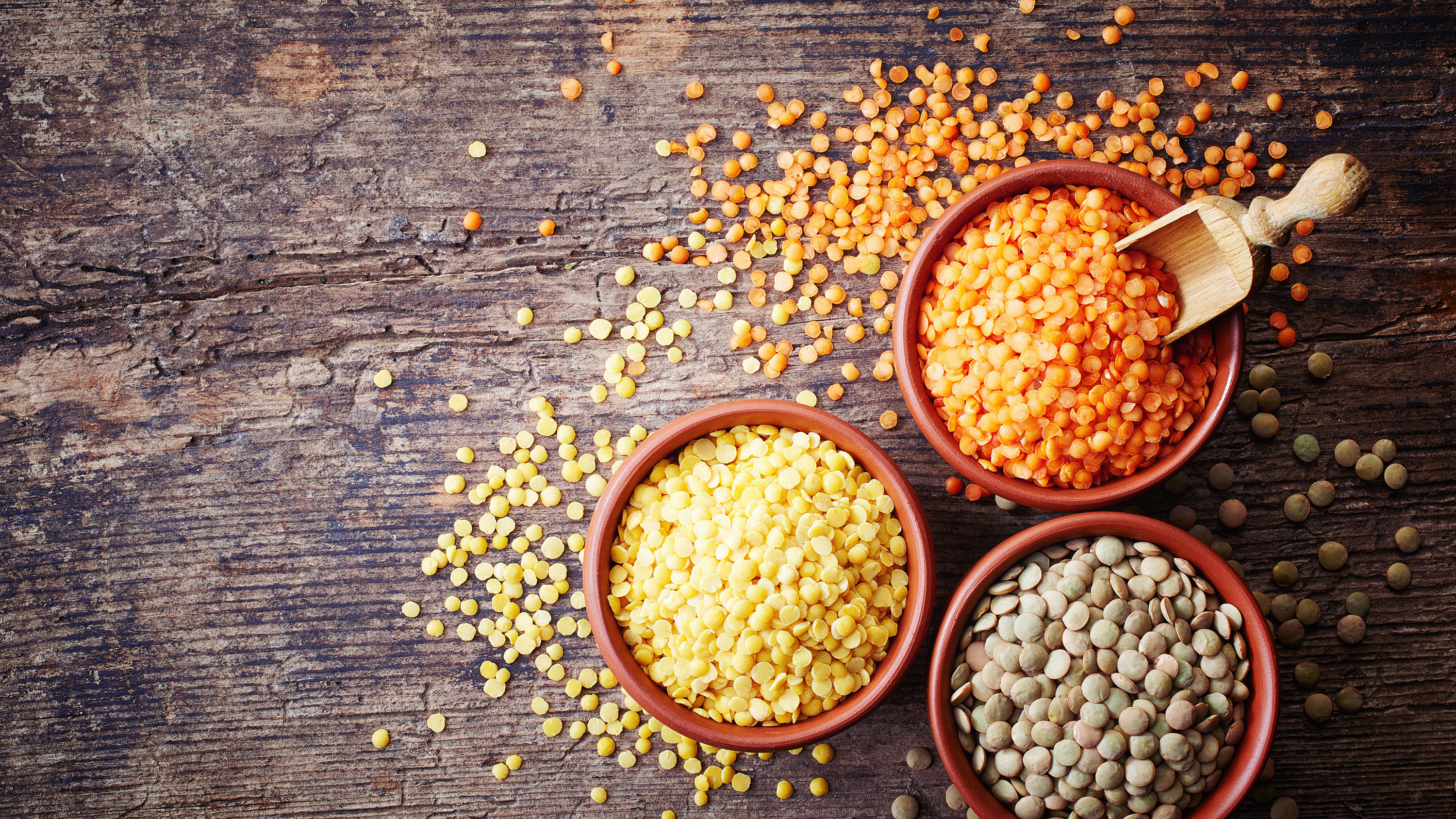Why a diet plan full of red meat is probably bad for you
The Carnivore diet plan may have a dedicated following, but lots of red meat puts you at risk of heart disease


Start your week with achievable workout ideas, health tips and wellbeing advice in your inbox.
You are now subscribed
Your newsletter sign-up was successful
Lots of very popular diet plans involve cutting out whole food groups to find the healthiest way to eat. Veganism, for example, cuts out all animal products such as meat, fish, eggs and dairy. On the other end of the scale is the carnivore diet.
Lots of people who like their steak, burgers and bacon sandwiches claim to be a bit of a carnivore. But the carnivore diet plan is a growing movement in which you cut out everything except animal products. It's a fad publicised by diet guru Dr. Shawn Baker and celebrities like podcaster Joe Rogan, but unfortunately, there's lots of downsides to increasing your consumption of red meat.
Earlier this year, a report from Harvard University showed a clear correlation between eating more red meat and a higher risk of heart disease. Although red meat is very high in protein and rich in iron and zinc, Harvard found a "high" intake of red meat constitutes an additional risk of cancer, diabetes, and general premature death.
In addition, a separate study published in the European Heart Journal found eating red meat as part of your daily diet plan triples the production of Trimethylamine N-oxide, a chemical in your body known to cause heart disease.
However, while vegetarians and vegans can get their protein, iron and zinc from alternative sources, a moderate amount – two to three servings a week, according to Harvard – is enough to get the benefits from red meat while treating it as a luxury, rather than a dietary staple.

If you're following a high-fat, high protein, low-carbohydrate diet plan like the ketogenic diet, red meat seems like a natural option for lots of meals. But swapping to oily fish like salmon (high in protein and necessary fatty acids like omega-3) and leaner white meat like chicken can drastically reduce the risk of heart disease, cancer and prediabetes that comes with regular red meat consumption.
In addition, reducing your meat intake further by using pulses like beans and lentils (high in protein and iron), and supplementing your needs with protein shakes. If you're learning how to lift weights, or you already do regular resistance training sessions, a high-protein diet will help you in your quest to build muscle.
Start your week with achievable workout ideas, health tips and wellbeing advice in your inbox.
While the carnivore diet is purported to have some benefits, such as short-term energy boosts and more muscle due to the increase of protein, science dictates there's a significant possibility of long-term risks to your heart health. Based on the available science, it's better to slow down on the red meat consumption and enjoy a nice steak or burger on (please excuse the pun) a rare occasion.
Liked this?
Matt Evans is an experienced health and fitness journalist and is currently Fitness and Wellbeing Editor at TechRadar, covering all things exercise and nutrition on Fit&Well's tech-focused sister site. Matt originally discovered exercise through martial arts: he holds a black belt in Karate and remains a keen runner, gym-goer, and infrequent yogi. His top fitness tip? Stretch.
